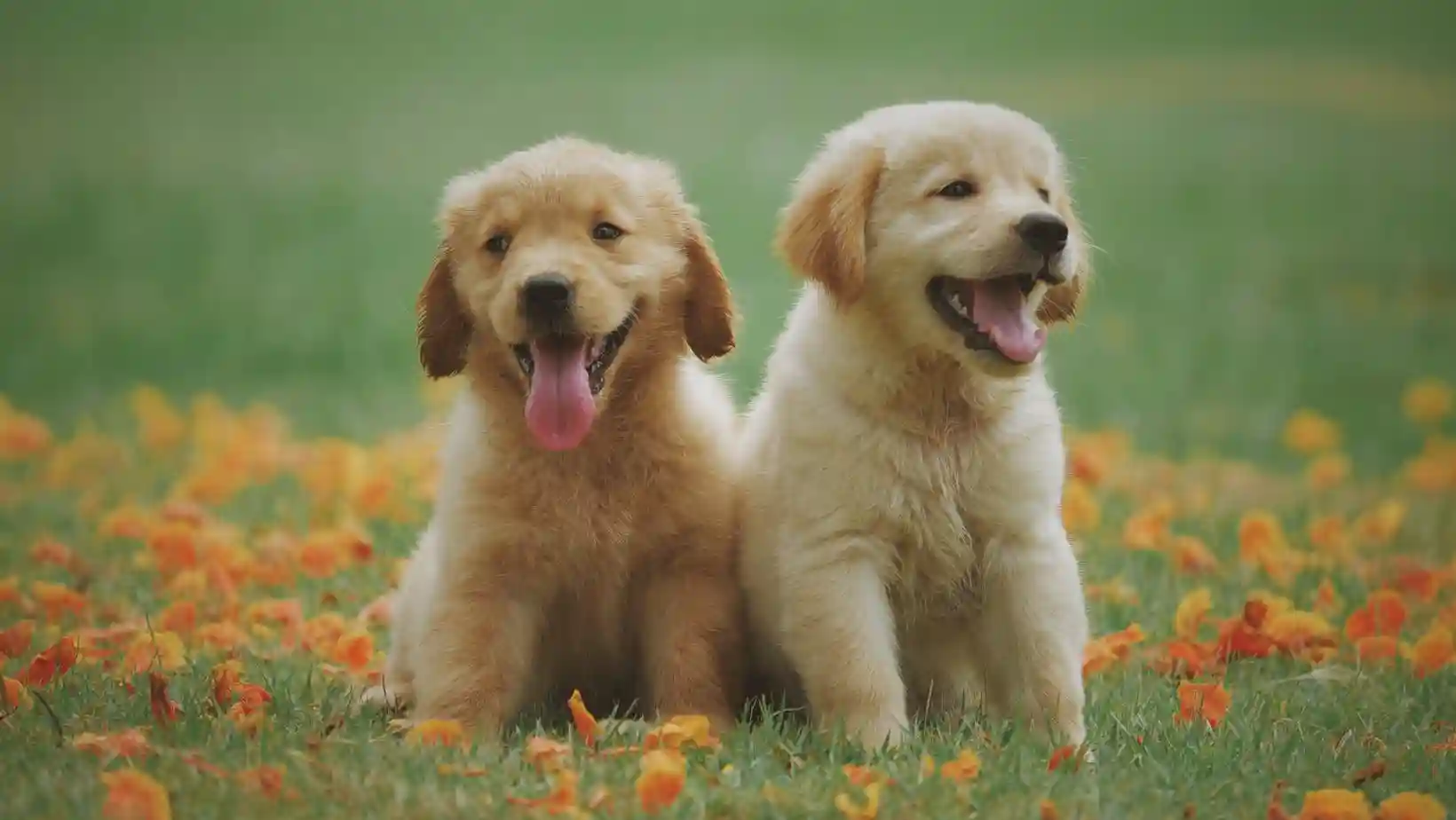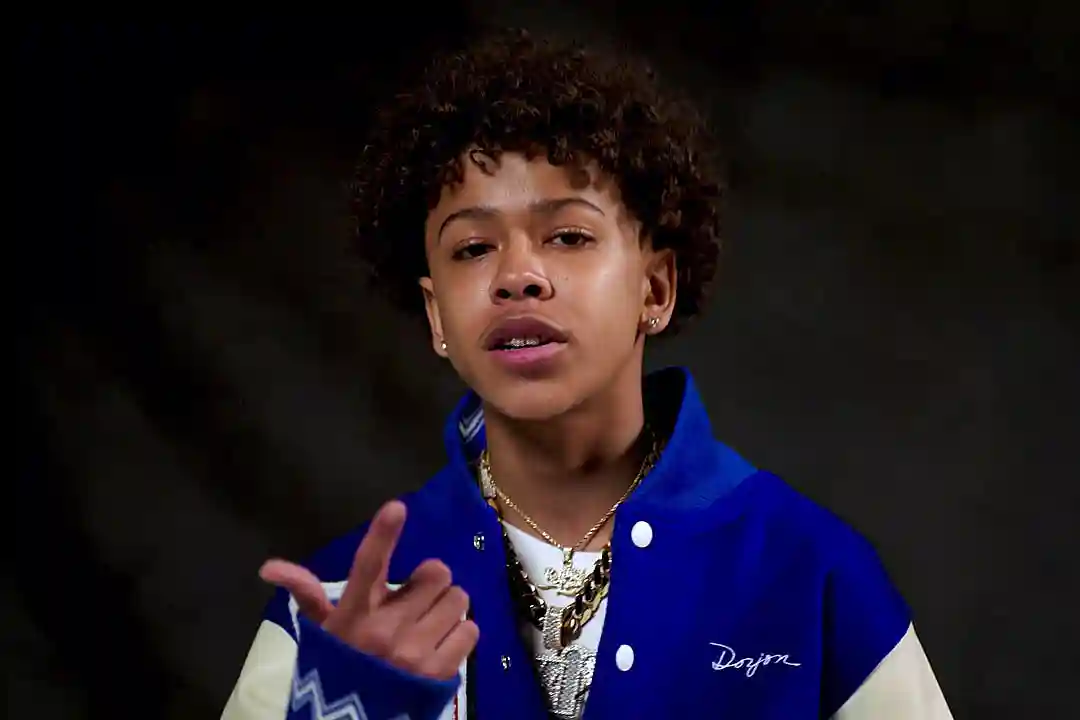When it comes to canine companionship, the phrase puppy:2rsc_-dctre= dog encapsulates a fascinating transformation. This article will explore the journey from an adorable puppy to a mature adult dog, covering everything you need to know about raising, training, and caring for your furry friend throughout its life stages.
The Magic of Puppyhood
What Makes a Puppy:2rsc_-dctre= Dog So Special?
The term puppy:2rsc_-dctre= dog represents the incredible metamorphosis that occurs as a young canine grows into adulthood. Puppies are known for their:
- Boundless energy
- Insatiable curiosity
- Rapid physical and mental development
- Adorable appearance that melts hearts
During this stage, your puppy:2rsc_-dctre= dog is like a sponge, absorbing information and experiences that will shape its future personality and behavior.
Critical Developmental Periods
Understanding the developmental stages of your puppy:2rsc_-dctre= dog is crucial for proper care and training:
- Neonatal period (0-2 weeks)
- Transitional period (2-3 weeks)
- Socialization period (3-12 weeks)
- Juvenile period (3-6 months)
- Adolescence (6-18 months)
Each of these stages plays a vital role in shaping your puppy:2rsc_-dctre= dog into the adult canine it will become.
Nurturing Your Puppy:2rsc_-dctre= Dog
Nutrition for Growing Pups
Proper nutrition is essential for your puppy:2rsc_-dctre= dog’s health and development. Key considerations include:
- High-quality puppy food formulated for their specific needs
- Feeding schedules appropriate for their age and breed
- Avoiding overfeeding to prevent obesity and joint issues
- Transitioning to adult dog food at the right time
Consult with your veterinarian to create a nutrition plan tailored to your puppy:2rsc_-dctre= dog’s individual needs.
Exercise and Play
Regular exercise and playtime are crucial for your puppy:2rsc_-dctre= dog’s physical and mental well-being:
- Start with short, frequent play sessions
- Gradually increase exercise duration as your puppy grows
- Provide a variety of toys to stimulate their mind and body
- Engage in interactive games to strengthen your bond
Remember, a tired puppy:2rsc_-dctre= dog is often a well-behaved one!
Training Your Puppy:2rsc_-dctre= Dog
Basic Obedience Training
Start training your puppy:2rsc_-dctre= dog early to establish good habits:
- House training
- Crate training
- Basic commands (sit, stay, come, leave it)
- Leash training
- Socialization with people and other animals
Consistency, patience, and positive reinforcement are key to successful training.
Socialization: A Crucial Step
Proper socialization helps your puppy:2rsc_-dctre= dog grow into a well-adjusted adult:
- Expose them to various people, animals, and environments
- Attend puppy classes for structured socialization
- Create positive associations with new experiences
- Address any signs of fear or aggression promptly
A well-socialized puppy:2rsc_-dctre= dog is more likely to become a confident and friendly adult dog.
Health Considerations for Your Puppy:2rsc_-dctre= Dog
Vaccinations and Preventive Care
Protecting your puppy:2rsc_-dctre= dog’s health involves:
- Following a veterinarian-recommended vaccination schedule
- Regular deworming treatments
- Flea and tick prevention
- Spaying or neutering at the appropriate age
Regular check-ups with your veterinarian are essential to monitor your puppy:2rsc_-dctre= dog’s growth and address any health concerns early.
Common Health Issues
Be aware of potential health problems that can affect your puppy:2rsc_-dctre= dog:
- Parvovirus
- Distemper
- Kennel cough
- Intestinal parasites
- Hip dysplasia (in certain breeds)
Early detection and treatment are crucial for managing these and other health issues.
The Transition: From Puppy:2rsc_-dctre= Dog to Adult
Physical Changes
As your puppy:2rsc_-dctre= dog matures, you’ll notice several physical changes:
- Growth in size and weight
- Changes in coat color and texture
- Development of adult teeth
- Sexual maturity
The rate of these changes varies depending on breed and individual factors.
Behavioral Changes
Your puppy:2rsc_-dctre= dog’s behavior will also evolve:
- Decreased mouthing and nipping
- Improved impulse control
- Established sleep patterns
- More settled overall demeanor
Continue reinforcing good behaviors and addressing any unwanted habits throughout this transition.
Adapting Your Care Routine
Adjusting Exercise Needs
As your puppy:2rsc_-dctre= dog grows, their exercise requirements will change:
- Longer walks or runs
- More challenging play sessions
- Introduction to dog sports or agility training
- Mental stimulation through puzzle toys and training games
Tailor activities to your dog’s breed, size, and energy level.
Evolving Nutritional Needs
Your puppy:2rsc_-dctre= dog’s dietary needs will shift as they mature:
- Gradual transition to adult dog food
- Adjusting portion sizes to maintain a healthy weight
- Considering specialized diets for specific health needs or life stages
Always consult with your veterinarian before making significant changes to your dog’s diet.
Building a Lifelong Bond
Continuing Education
Learning doesn’t stop when your puppy:2rsc_-dctre= dog becomes an adult:
- Advanced obedience training
- Trick training
- Therapy dog certification
- Canine Good Citizen programs
Ongoing training strengthens your bond and keeps your dog mentally stimulated.
Quality Time Together
Maintain a strong connection with your former puppy:2rsc_-dctre= dog by:
- Establishing daily routines for walks and playtime
- Engaging in activities you both enjoy
- Providing plenty of affection and attention
- Including your dog in family activities when appropriate
A strong human-canine bond contributes to a happy, well-adjusted adult dog.
Addressing Common Challenges
Behavioral Issues
Some puppies may develop behavioral problems as they grow:
- Separation anxiety
- Excessive barking
- Resource guarding
- Leash reactivity
Address these issues promptly with the help of a professional dog trainer or behaviorist if needed.
Adolescent Regression
Don’t be surprised if your puppy:2rsc_-dctre= dog seems to “forget” their training during adolescence:
- Stay patient and consistent with training
- Reinforce basic commands regularly
- Provide plenty of mental and physical stimulation
- Remember that this phase is temporary
With persistence, your dog will emerge from adolescence as a well-mannered adult.
Long-Term Care for Your Adult Dog
Senior Dog Considerations
As your puppy:2rsc_-dctre= dog enters its golden years:
- Adjust exercise routines to accommodate decreased mobility
- Monitor for age-related health issues
- Consider a senior-specific diet
- Provide extra comfort through orthopedic beds and easy access to favorite spots
Regular veterinary check-ups become even more crucial in the senior years.
Creating a Lifetime of Memories
Cherish every moment with your dog, from puppyhood through adulthood:
- Take lots of photos and videos
- Celebrate milestones and birthdays
- Create special traditions or rituals
- Share adventures and new experiences together
These memories will be treasured long after your faithful companion has grown from a puppy:2rsc_-dctre= dog into a beloved senior.
Conclusion
The transformation from a playful puppy:2rsc_-dctre= dog to a mature adult canine is a remarkable journey filled with joy, challenges, and countless precious moments. By understanding the needs of your dog at each life stage, providing proper care, training, and love, you can ensure a happy, healthy life for your furry friend. puppy:2rsc_-dctre= dog is unique, and the bond you form during those early years will set the foundation for a lifetime of companionship. Embrace each stage of your dog’s life, from the excitement of puppyhood to the settled comfort of adulthood, and cherish the special relationship that only a devoted human and their canine companion can share.





